

A large-scale chemical attack is a terrifying event that can have widespread effects on people and the environment. Understanding what to expect can help you prepare and stay safe. Here are 15 things you should be aware of during such an attack.
1. Immediate Danger
The first thing to expect is immediate danger from the chemicals. Chemical agents can cause serious harm to your skin, eyes, and lungs. Stay indoors and seal windows and doors to keep the chemicals out. Follow official instructions and avoid going outside unless absolutely necessary.
2. Panic and Confusion

People will likely panic and be confused. This is a natural reaction to a scary and unexpected situation. Listen to official instructions and stay calm to make smart decisions. Helping others stay calm can also improve everyone’s safety and response.
3. Evacuation Orders

Authorities may issue evacuation orders. If told to evacuate, leave quickly but safely. Follow the recommended routes and avoid contaminated areas. Take an emergency kit with essentials like water, food, and first aid supplies.
4. Respiratory Issues
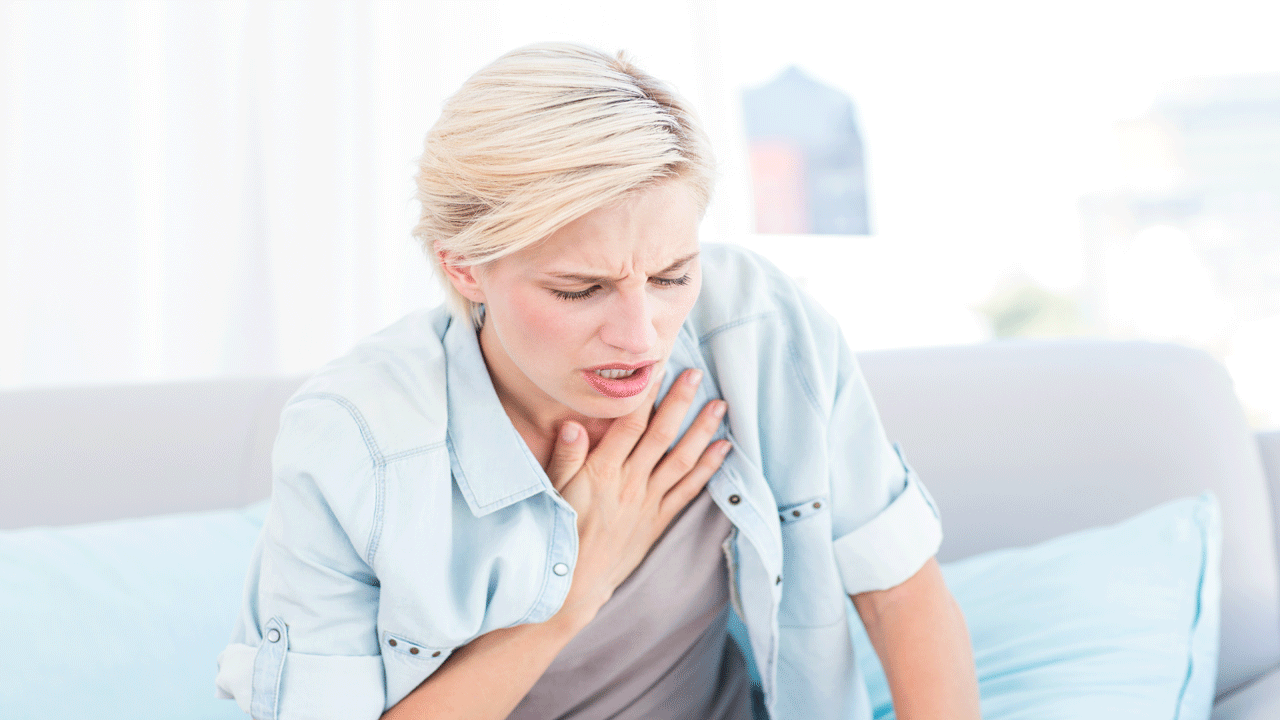
Chemical attacks often cause breathing problems. Symptoms can include coughing, shortness of breath, and chest pain. Use a cloth or mask to cover your nose and mouth if you don’t have a proper gas mask. Seek fresh air and medical help if symptoms worsen.
5. Skin and Eye Irritation

Chemicals can irritate your skin and eyes. Symptoms include redness, itching, and pain. Wash any exposed skin with soap and water and rinse your eyes with clean water if they are affected. Avoid rubbing your eyes or skin to prevent further irritation.
6. Contaminated Water

The water supply might become contaminated. Avoid drinking tap water until authorities confirm it’s safe. Use bottled water for drinking and cooking. Boil water if instructed to do so for extra safety.
7. Shelter-in-Place

You might be told to “shelter-in-place,” meaning stay indoors until it’s safe to go out. Seal your home by covering windows and vents with plastic and tape to prevent chemicals from entering. Turn off HVAC systems to avoid drawing in contaminated air.
8. Emergency Medical Services

Hospitals and emergency services will be overwhelmed. Only seek medical help for serious issues to avoid overloading the system. First aid can be essential for minor injuries. Keep a first aid manual handy to treat basic injuries yourself.
9. Communication Blackouts

Communication networks might be disrupted. Have a battery-powered radio to receive updates and instructions. Texting might work when calls don’t, so try different methods to stay in touch. Consider using social media for real-time updates and information.
10. Use of Personal Protective Equipment (PPE)
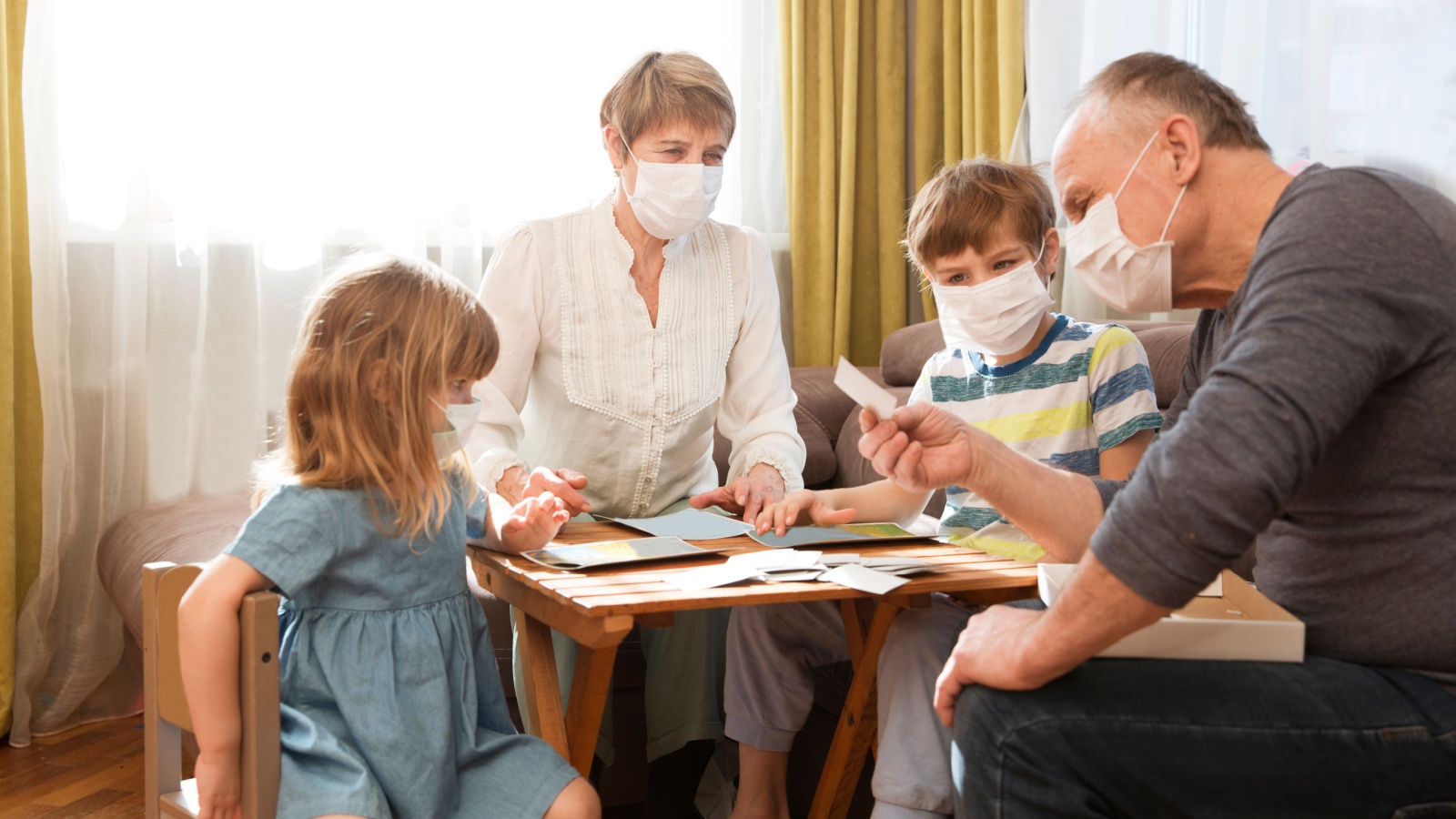
Personal protective equipment like gas masks and protective suits may be necessary. If you have these, use them correctly to protect yourself from exposure. Learn how to properly don and doff PPE to ensure maximum protection.
11. Contaminated Food
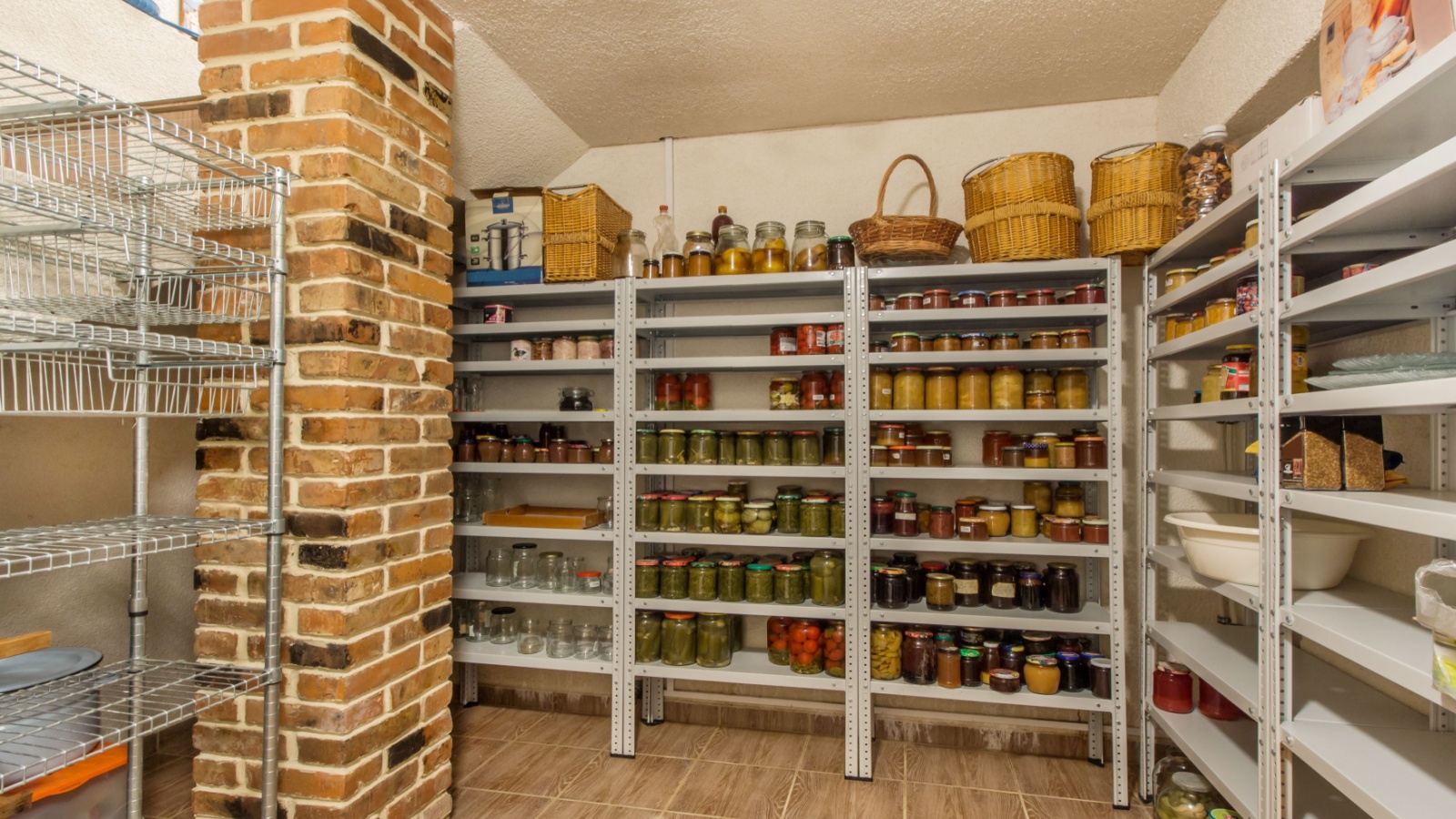
Food supplies may also be contaminated. Avoid eating anything that wasn’t sealed in airtight containers. Wait for official updates before consuming any food. Stockpile non-perishable food items that are less likely to be contaminated.
12. Decontamination Procedures

You might need to go through decontamination. This involves removing and safely disposing of contaminated clothing and washing thoroughly to remove any chemicals from your skin. Follow decontamination procedures carefully to avoid spreading contamination.
13. Animal Safety

Pets can also be affected by chemical agents. Keep them indoors and avoid letting them roam outside. Wash them with pet-safe shampoo if they have been exposed. Ensure they have clean food and water, just as you would for yourself.
14. Long-Term Health Effects

Exposure to chemical agents can have long-term health effects. These can include respiratory problems, skin conditions, and other chronic illnesses. Seek medical advice if you experience ongoing symptoms. Regular check-ups can help monitor and manage long-term health issues.
15. Psychological Impact

Experiencing a chemical attack can be traumatizing. Expect feelings of fear, anxiety, and stress. Counseling and mental health support can be important for recovery and coping with the aftermath. Reach out to support groups or hotlines for help.
20 Crucial Supplies for Surviving a Societal Collapse

In the face of uncertainty, being well-prepared gives you at least some degree of control and security. The thought of a societal collapse, while extreme, prompts us to consider how we might endure without the conveniences of our current lifestyle. Here’s a list of 20 essential items that could prove indispensable in such a scenario. This guide isn’t about succumbing to fear but embracing preparedness and resilience.
14 Essential Canned Goods for Your Emergency Pantry
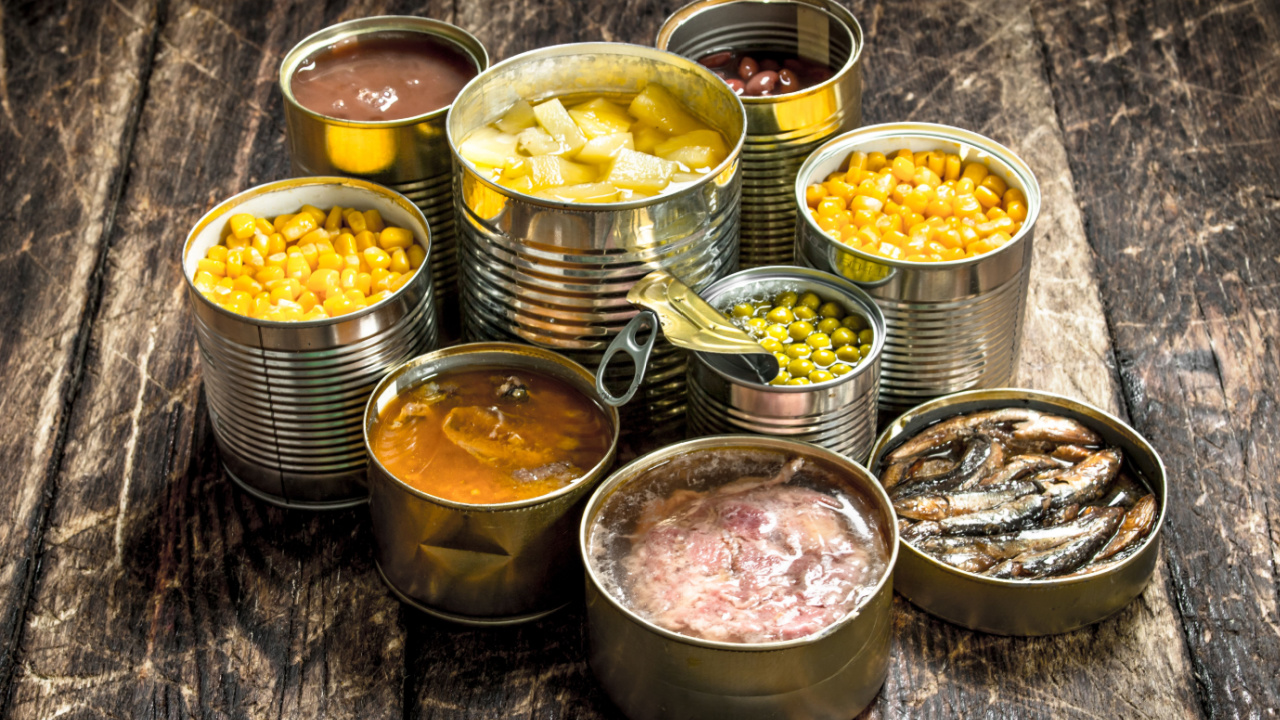
I firmly believe in keeping a well-stocked emergency pantry. While fresh food is ideal, in a survival situation, we may not be that lucky. So, for my family, even though we grow a lot of our own food, canned goods play a crucial role in emergency preparedness. They offer a reliable source of nutrition when access to fresh produce may be limited. The goods you stockpile should be affordable, easy to store, and full of nutrition.
Best Regions in the U.S. to Escape to When Society Collapses
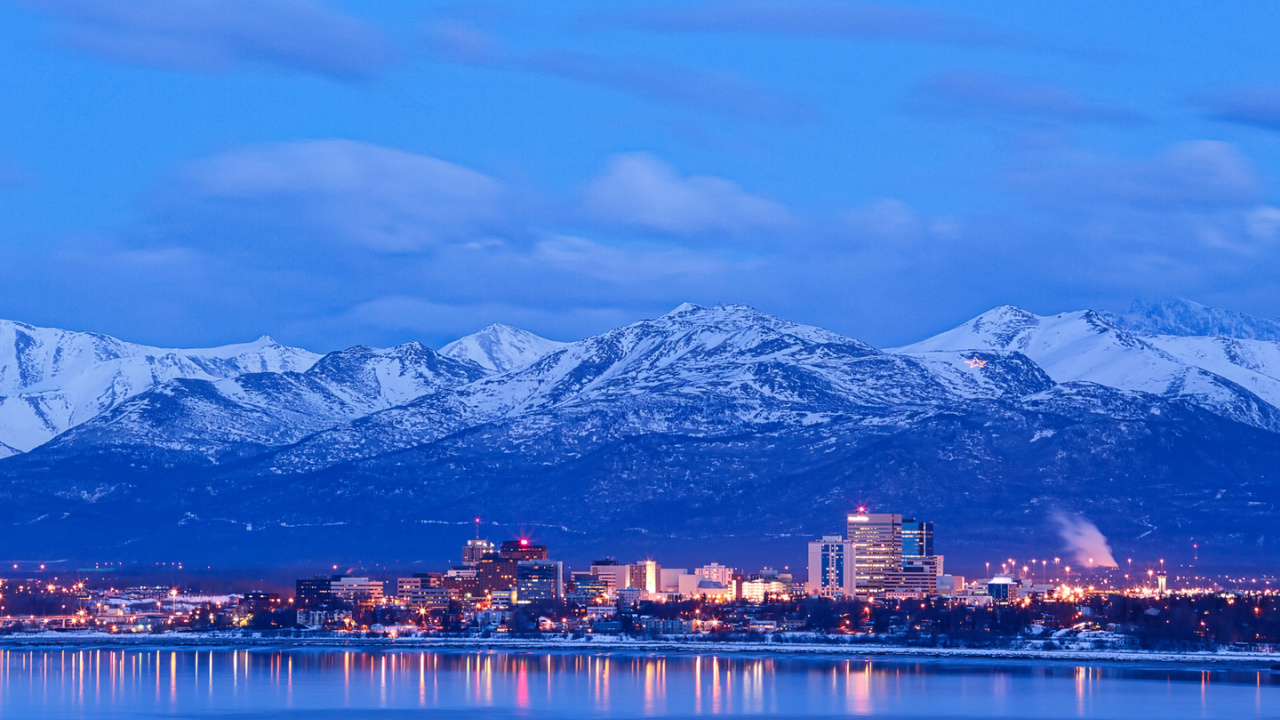
Choosing a refuge in the event of societal collapse involves weighing the pros and cons of each location against your personal preparedness goals and abilities. Whether you’re drawn to the solitude of the desert or the protective heights of the mountains, the key is finding a place that offers safety and the opportunity for growth and renewal.

